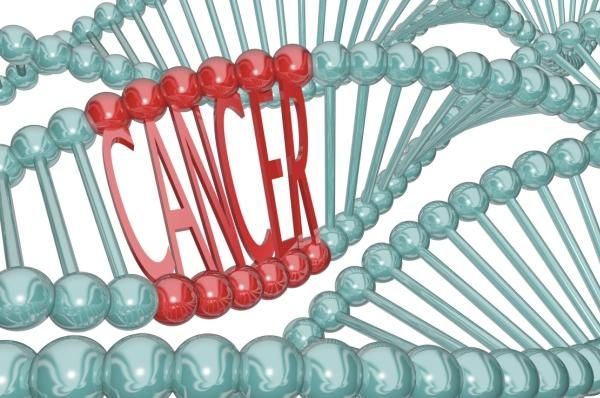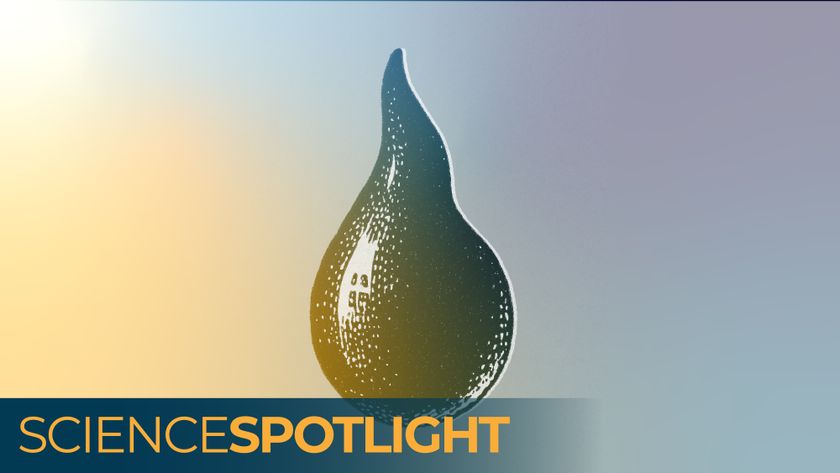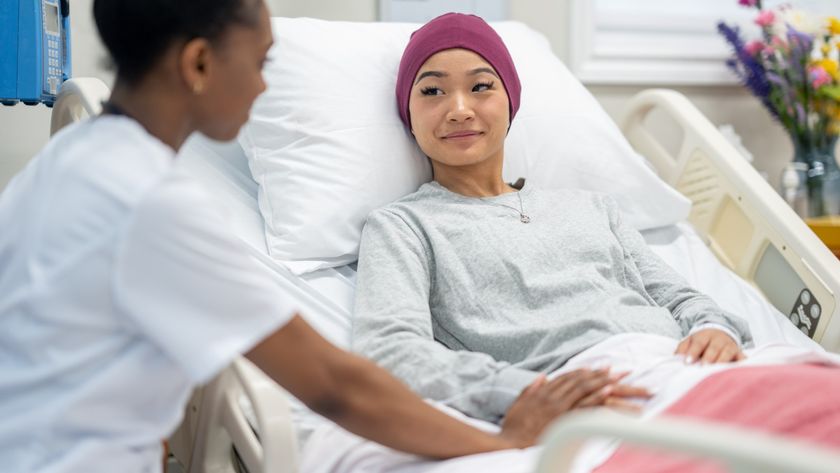Fasting Before Chemo May Shield Against Toxic Effects

Chemotherapy drugs might work better when taken during a brief period of fasting, suggests new study in mice.
Researchers looked at mice that were injected with different types of cancer cells, and found fasting before chemotherapy treatment protected the animals against some of the drugs' toxic effects.
Fasting "makes it a lot worse,” for cancer cells, said study co-author Valter Longo, a biochemist specializing in aging and oncology at the University of Southern California in Los Angeles.
In a 2010 study, Longo and his colleagues looked at 10 cancer patients who tried fasting, and found they had fewer side effects from chemotherapy.
But Longo emphasized that more studies are needed, and that in any case, fasting is not an option for all patients.
“If a patient has already lost a lot of weight due to the cancer or treatment, fasting could make things worse,” he said.
The study is published today (Feb. 8) in Science Translational Medicine.
Sign up for the Live Science daily newsletter now
Get the world’s most fascinating discoveries delivered straight to your inbox.
Fasting weakens cancer cells
Chemotherapy is often used to fight cancers that have spread to other parts of the body. But because chemotherapy drugs also affect non-cancerous cells in body, the drugs can cause a number of side effects, including vomiting and nausea, hair loss, bone marrow changes and mouth and throat sores.
While fasting, cancer cells are starved for sufficient nutrients needed to grow and multiply.
Under nutrient-starved conditions, normal cells stop dividing, "but cancer cells continue to multiply, making them weaker, so they die from chemotherapeutic drugs” said William Saunders, a cancer cell oncologist at the University of Pittsburgh, who was not involved with the study.
Normal cells, therefore, are less vulnerable to chemotherapy's effects. “The signaling mechanism telling the cells to multiply decreases, and they’re more resistant to the toxicity of the chemotherapy drugs,” Saunders said.
Fasting combined with chemo was more effective
In the study, researchers injected mice with breast cancer and skin cancer cells, brain tumors, ovarian cancer cells and tumors found in children.
The animals fasted for two to three days, with access only to water.
In mice, even without chemotherapy, fasting slowed the growth of breast cancer, skin cancer, brain tumors and tumors found in children, the study showed.
In some cases, fasting alone was as effective as chemotherapy over a short time, according to the study. For example, fasting extended the survival of mice injected with human ovarian cancer cells.
Greater improvement in the mice's health was seen when fasting was combined with chemotherapy. Overall, there was a 40 percent reduction in cancer spreading when both were used, compared with animals that received chemotherapy and a normal diet.
Although Saunders said the study results were promising, he pointed out there is a “big unknown as to whether this will transfer in human settings.”
Pass it on: A new study suggests that fasting may reduce chemotherapy's toxic side effects, but more work must be done.
Follow MyHealthNewsDaily on Twitter @MyHealth_MHND. Find us on Facebook.












